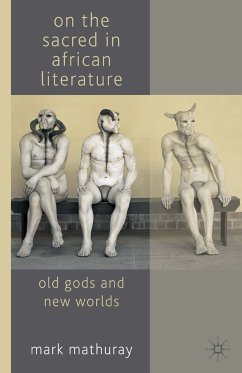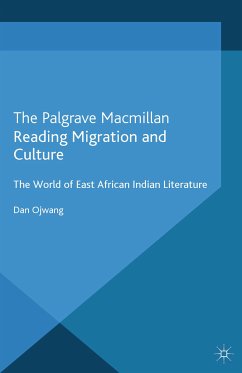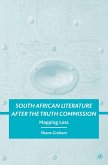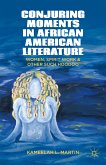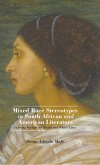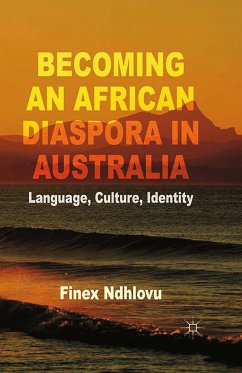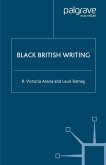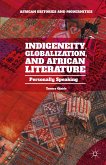Dieser Download kann aus rechtlichen Gründen nur mit Rechnungsadresse in A, B, BG, CY, CZ, D, DK, EW, E, FIN, F, GR, HR, H, IRL, I, LT, L, LR, M, NL, PL, P, R, S, SLO, SK ausgeliefert werden.
'Mathuray pursues this worthy and timely project methodologically through a close focus on five Anglophone African works, with supportive reference to others and a significant reliance on authorities from a variety of disciplines across the breadth of the humanities.' -Graham Pechey, Cultural Critique

